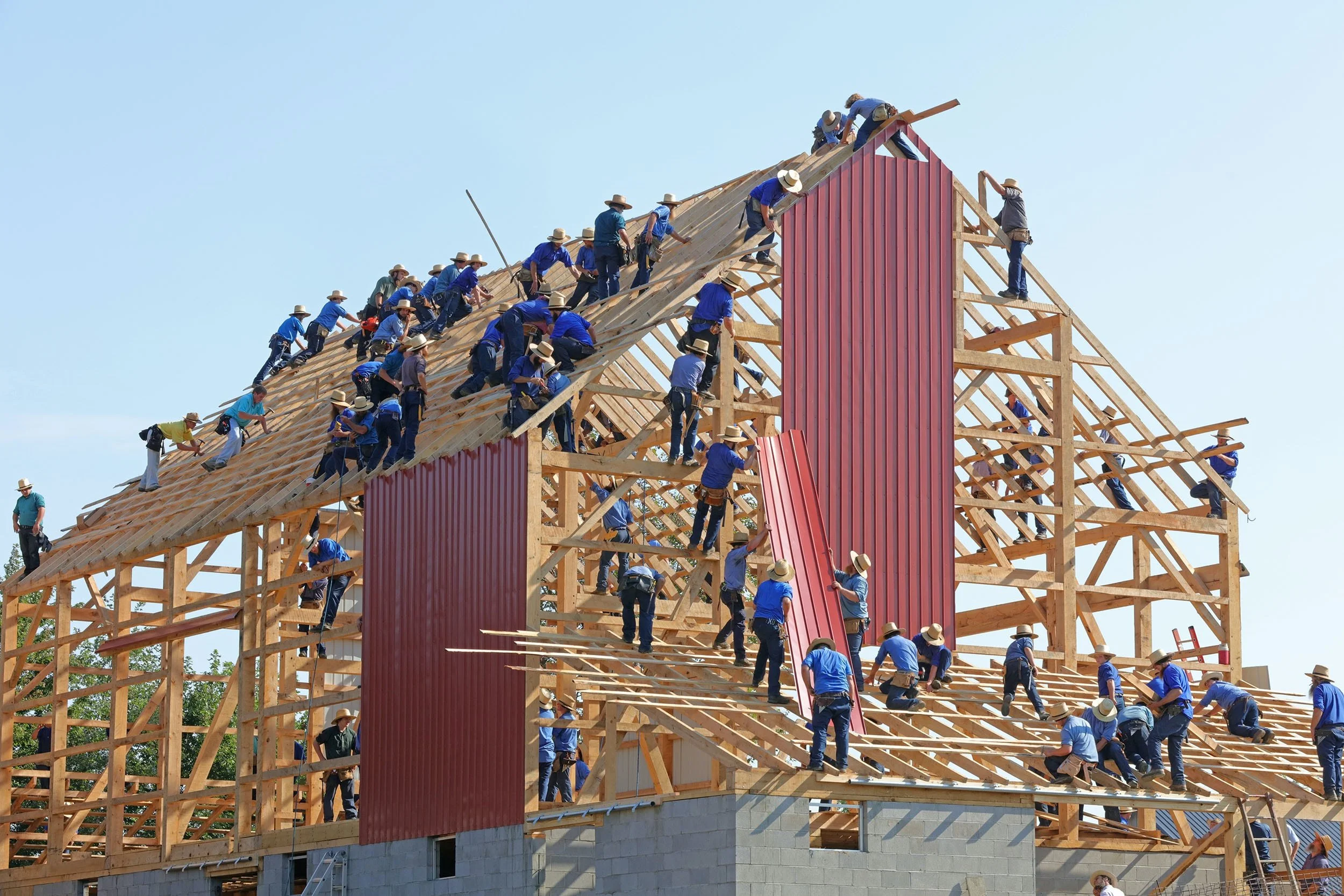Building resilience and coping skills in the workplace
In today's fast-paced work environment, building resilience and coping skills has become an essential aspect of workplace wellness. The ability to adapt and respond to adversity and challenges is crucial for maintaining productivity, achieving goals, and promoting a positive work culture. In this article, we will explore the importance of resilience and coping skills in the workplace and provide practical strategies for building and enhancing these skills.
What is Resilience?
Resilience is the ability to adapt and bounce back from adversity or challenging situations. It involves developing a positive mindset, staying focused, and maintaining perspective in the face of adversity. Resilience is not about being invincible or never experiencing difficulty, but rather it is about being able to respond effectively to stressors and overcome them.
Why is Resilience Important in the Workplace?
In the workplace, resilience is vital for maintaining productivity, achieving goals, and promoting a positive work culture. Employees who are resilient are better equipped to handle the demands of the job, manage stress, and maintain a positive outlook. They are also more likely to seek out support when needed and to persist in the face of setbacks.
In addition to individual benefits, building resilience in the workplace has organizational benefits as well. Resilient employees are more likely to work collaboratively, communicate effectively, and have a higher level of job satisfaction. They are also more likely to be committed to the organization and its goals.
Strategies for Building Resilience and Coping Skills in the Workplace
Practice Self-Care
One of the most important strategies for building resilience and coping skills is to practice self-care. This means taking care of your physical, emotional, and mental health. Engaging in regular exercise, getting enough sleep, eating a healthy diet, and taking breaks throughout the workday can all help to reduce stress and promote well-being.
Foster Positive Relationships
Building positive relationships with coworkers and supervisors can also help to build resilience and coping skills. Strong relationships can provide support and encouragement during challenging times, help to reduce stress, and improve job satisfaction. Engaging in team-building activities, attending social events, and volunteering for projects are all ways to build positive relationships in the workplace.
Develop Emotional Intelligence
Emotional intelligence involves the ability to recognize and manage one's own emotions as well as the emotions of others. Developing emotional intelligence can help individuals to communicate effectively, build positive relationships, and manage conflict. Strategies for building emotional intelligence include practicing active listening, seeking feedback, and engaging in self-reflection.
Seek Out Support
Seeking out support from coworkers, supervisors, and mental health professionals can also help to build resilience and coping skills. It is important to know that it is okay to ask for help when needed and that seeking support is a sign of strength. Creating a supportive work environment that encourages open communication and provides resources for mental health support can also help to promote resilience and well-being.
Practice Mindfulness
Practicing mindfulness involves paying attention to the present moment and cultivating a non-judgmental awareness of thoughts, feelings, and sensations. Mindfulness has been shown to reduce stress, improve focus, and promote well-being. Simple mindfulness practices such as deep breathing, taking a walk outside, or engaging in a brief meditation can be incorporated into the workday to promote resilience and coping skills.
In conclusion, building resilience and coping skills is essential for maintaining productivity, achieving goals, and promoting well-being in the workplace. Strategies such as practicing self-care, fostering positive relationships, developing emotional intelligence, seeking out support, and practicing mindfulness can all help to build resilience and promote a positive work culture. By prioritizing resilience and coping skills, individuals and organizations can thrive in today's fast-paced work environment.


